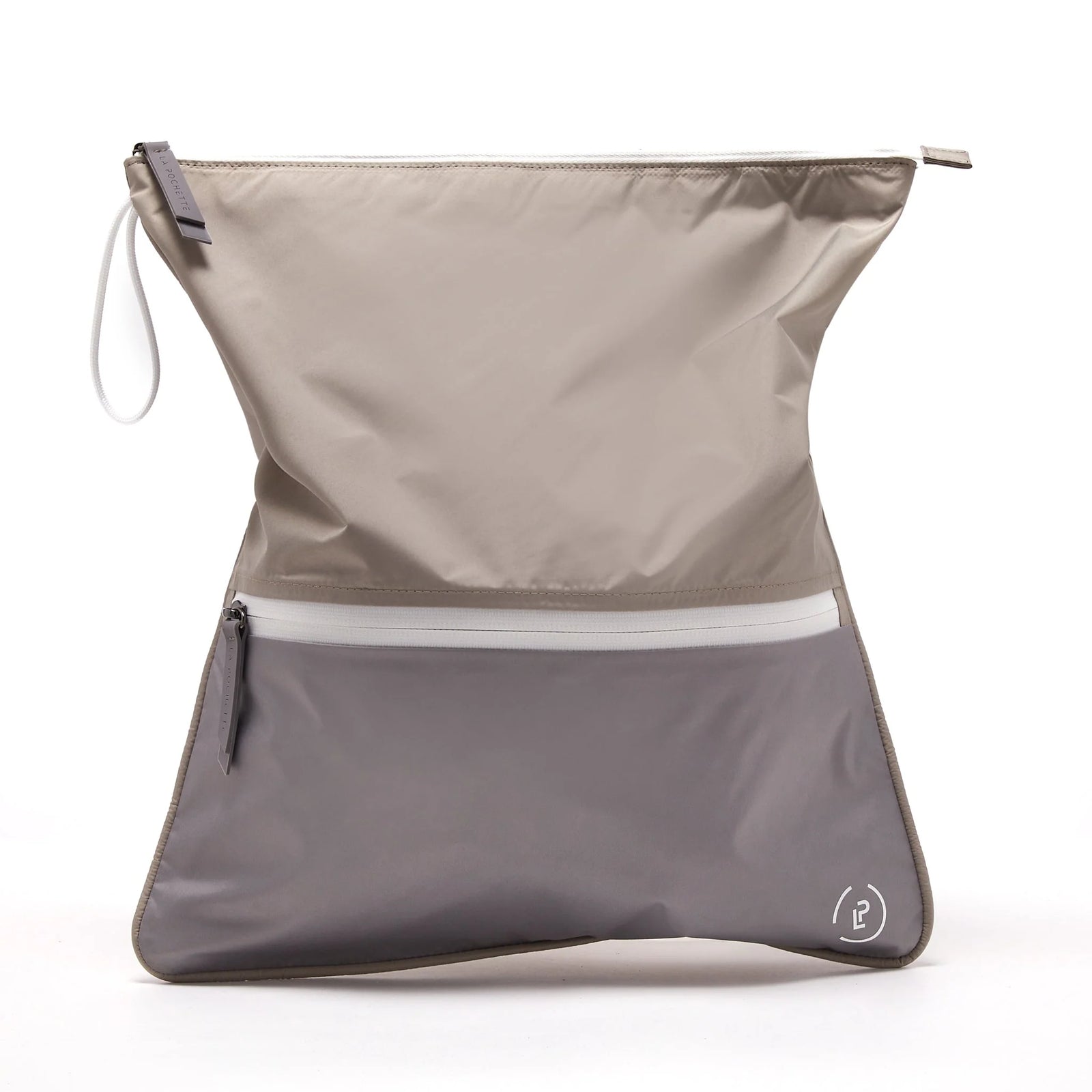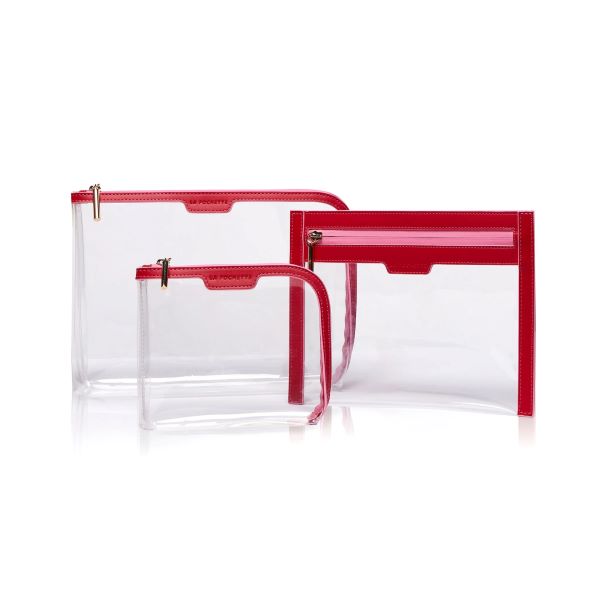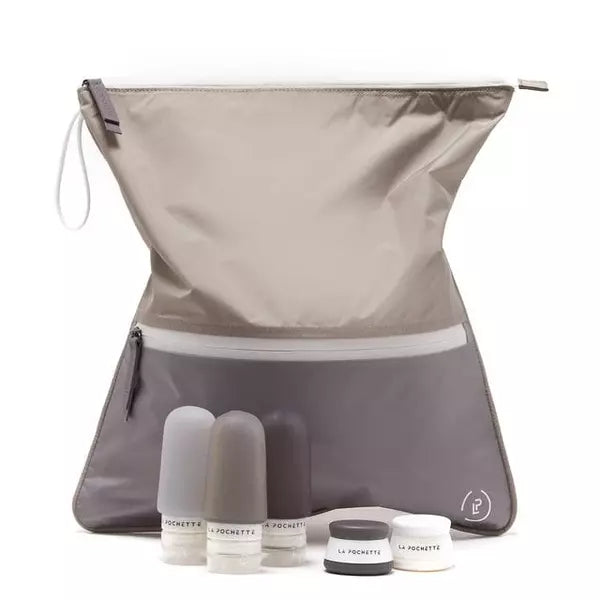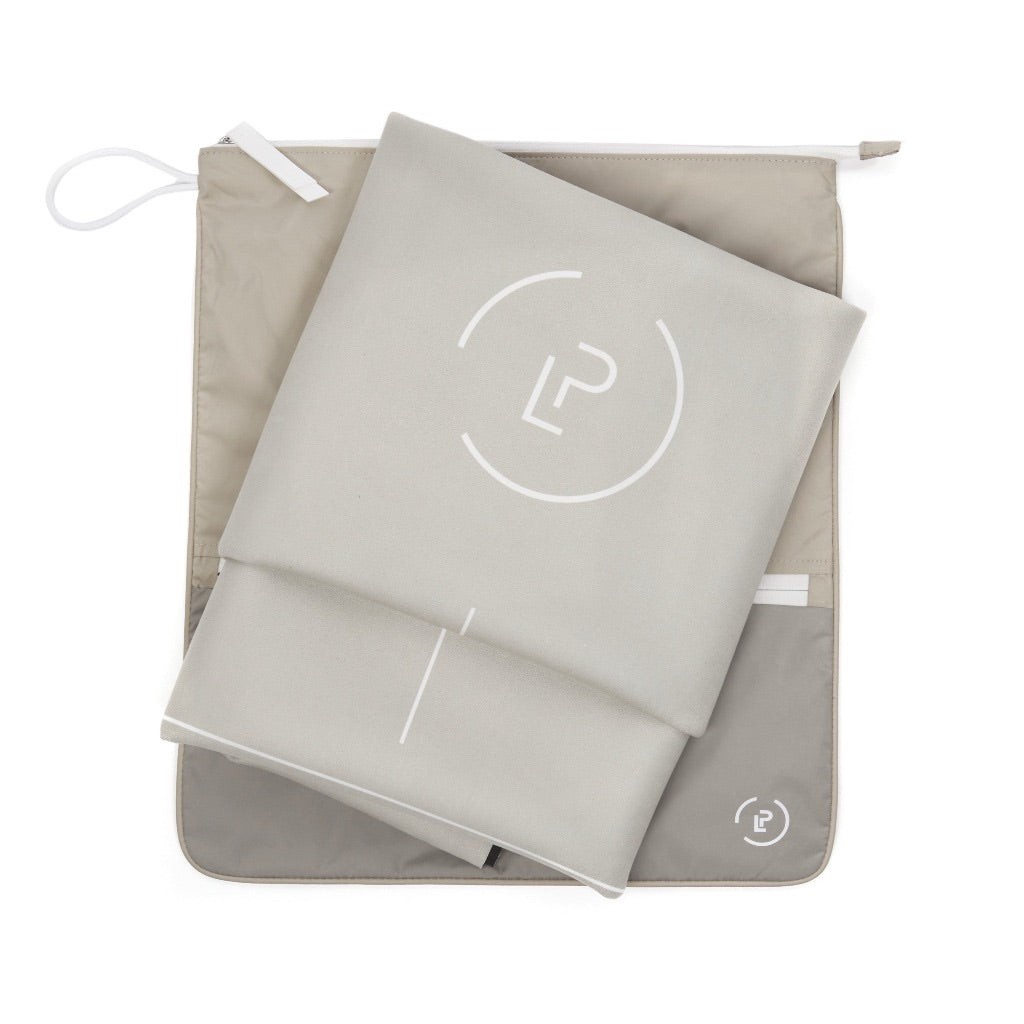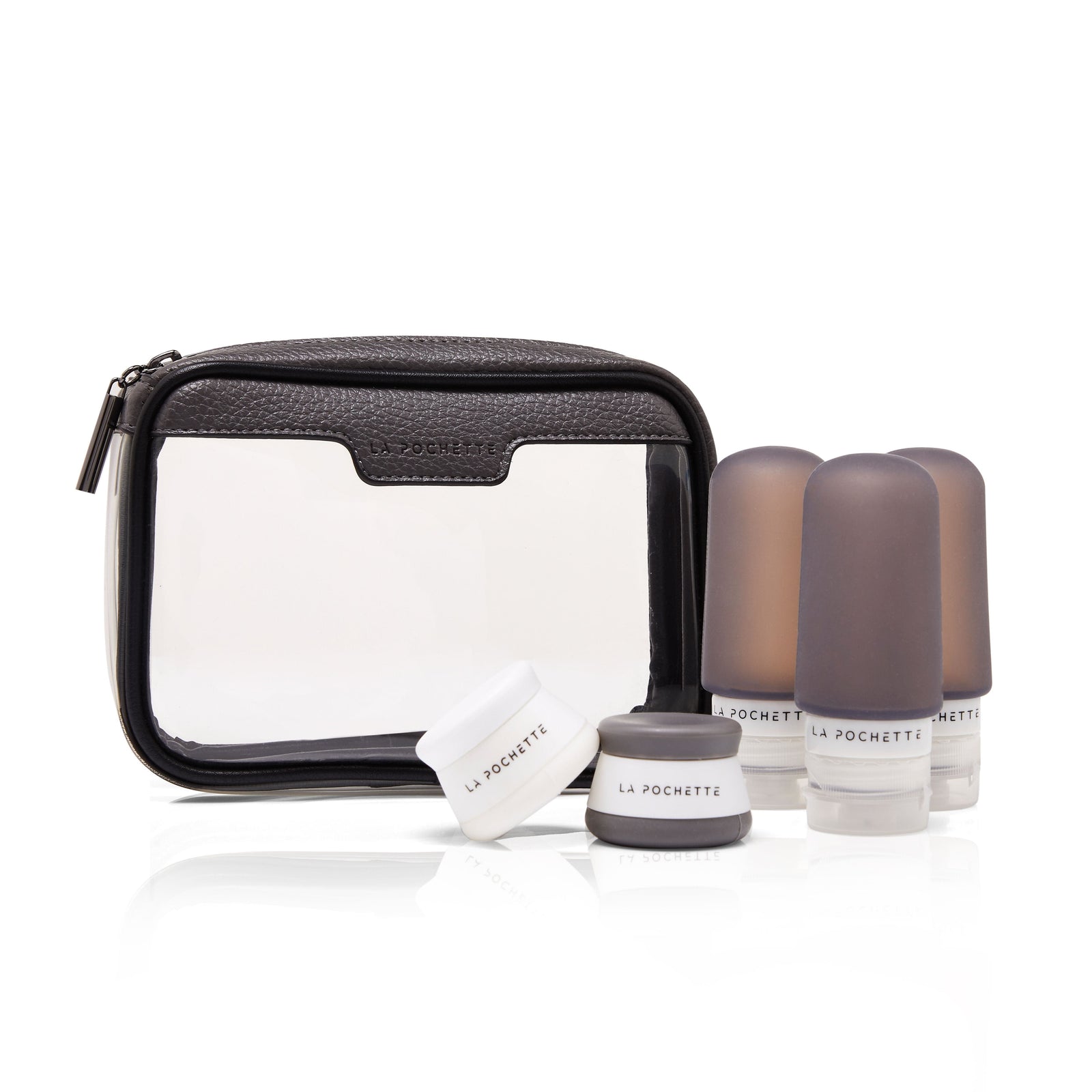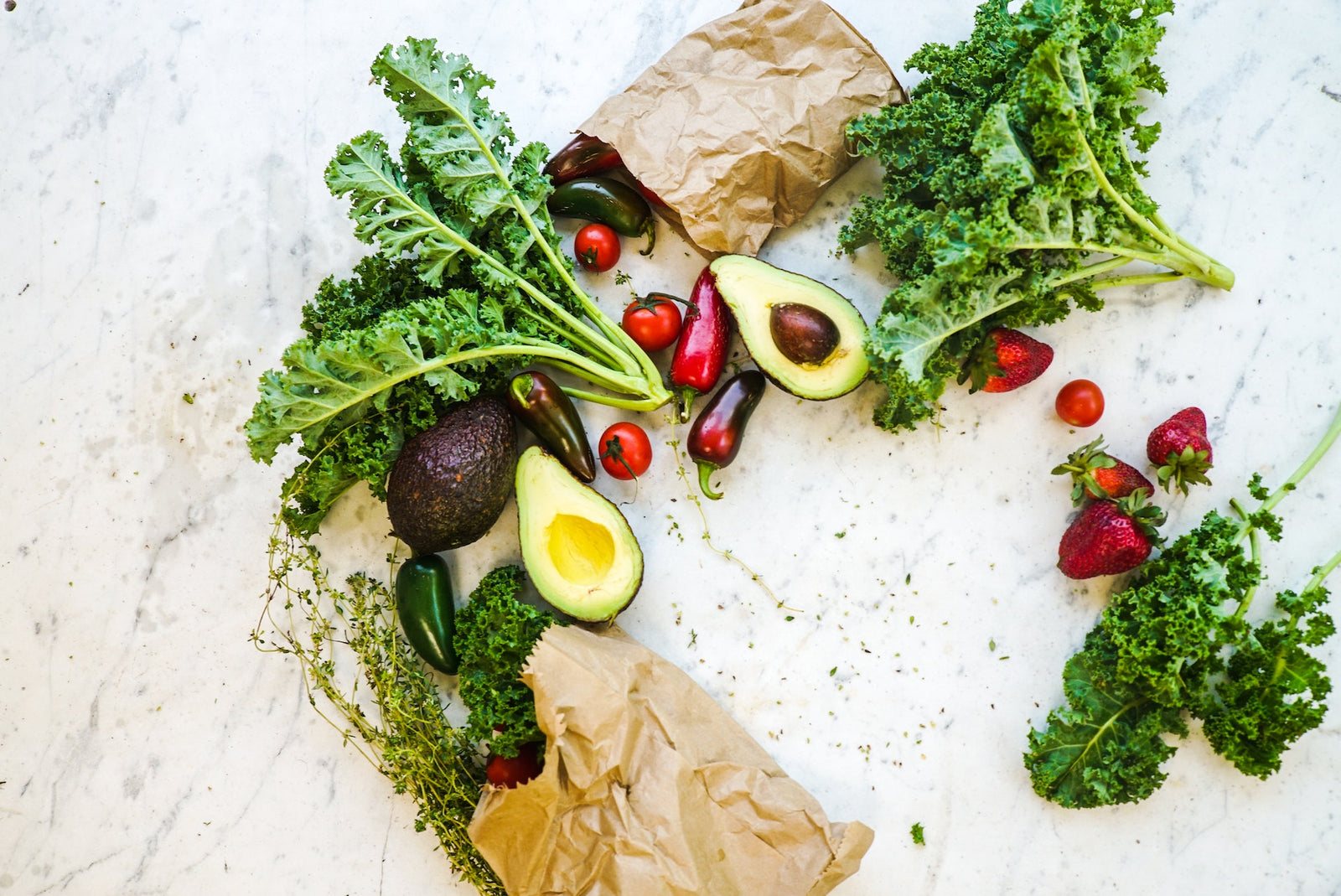When you’re looking to improve your eating habits be it for weight loss, training performance or in pursuit of getting back on your game energy-wise, the pressure and expectations we put on ourselves can often make it feel like there is no room for error. Whatever your motivation, it’s important to always keep in mind that consistency is more important than perfection.
Here Third Space Head of Nutrition, Rachel Butcher, gives 6 tips to make healthy eating as easy as possible however busy you are.
1. BECOME SUPERMARKET SAVVY
Arm yourself with a shopping list every time you are shopping for groceries…it may seem obvious, but meal prep all begins with a good list. When planning the weekly shop make sure you’ve already planned everything you want to eat for the week ahead (meals and snacks) and write down only the necessary items for those meals. Sticking to your list will help you adhere to your intentions as well as saving you time, money and avoiding waste. That way, even during that mid-morning slump when you’ve left it just a bit too long between meals and you’re ready to eat anything in sight, you’ll have the considered snacks that you bought with intention to hand - if it’s not in the cupboard then you can’t eat it!
2. MEAL PREP – GET IT DONE IN ONE
Preparing meals at home helps us to stick to our plan not only by avoiding having to navigate food labels or a takeaway menu for a healthy option but also by giving us the chance to tune into what goes into our meals. Allocate a couple of hours once a week to prepare food for the week ahead. This will give you more time during the week to train, relax or get on with things you actually want to do rather than having to prepare dinner every single night.
It’s the ultimate solution to that scenario when you find yourself at the desk until 8pm. It might feel too late to cook something from scratch, so ordering in feels like the only option - absolutely fine if that’s your planned intention and you actually want a takeaway but if you’re ordering in because time is an issue, not so great. It may seem like an effort at first but once it becomes part of your weekly ritual, it makes opting for healthy options easy, affordable, practical and stress free. Organisation is a key component to consistency - start getting it done in one and you’ll reap the benefits.
3. PLAN FOR A BUSIER WEEK THAN YOU THINK YOU HAVE
Look at your schedule for the week ahead when planning your meals, and prepare for an even busier week, that way when unexpected meetings or plans come up, you’re covered. If you’re a meat eater, roast a chicken or joint of beef for the week ahead so you have a good protein source readily available for snacks & lunches; boil and peel a few eggs to have on standby in the fridge so they’re ready to go if you find yourself short on time. Prepare salads such as rice, couscous, pasta or quinoa in advance along with a batch of roast veg – great all mixed together and served with your pre-prepared protein sources, a delicious lunch ready in 2 minutes.
Be sure to stock your pantry with some good quality staples – extra virgin olive oil, balsamic vinegar, tahini and mixed seeds – all great options to jazz up a speedy lunchtime salad. Also, have supplies such as bananas chopped and frozen, frozen berries and protein powder for times when you need a bit of sustenance or if you need to grab something after a lunchtime workout.
Don’t be afraid to take some shortcuts! Many grocery stores now stock pre-chopped frozen onions, garlic and herbs – a great time saver and because they’re frozen, it eradicates waste.
4. DON’T MAKE ANY FOOD OFF LIMITS ENTIRELY
When you make food off limits, you’re opening yourself up to live in an all or nothing world and this is when you find yourself on the restrictive diet rollercoaster – plan your favourite foods into your way of eating, just be mindful of quantities. When you’re overly restrictive with yourself, research demonstrates that your mind doesn’t just know it, your body does too with increased cravings, desires, and wants. It's like the saying goes 'the devil is truly in the dose'
5. TRACK PROGRESS OVER TIME
Setting a deadline is key to achieving any goal. Not only is it motivating, it also helps prioritise your daily actions. Pick a realistic date if you have a set goal in mind and diarise it.
While it’s important to celebrate wins along the way, it’s also important to have respect for the journey and the work that goes into your progress. If you feel like you’re not making progress fast enough, take a look at why – either you’ve got the wrong plan in place, or your expectations are not achievable – this is where sharing your goal with someone supportive is invaluable. Track progress over time so that you can aim for consistency rather than perfection.
6. BE PATIENT
Trust the process! When you’re positive and persistent, this is where change happens. It’s important to take time to pause, assess and reflect periodically with some objective markers, be is measurements, progress pictures or your energy levels. This period of assessment is helpful to avoid the temptation of move too fast and thus too far off track.
If you’re not getting the results you want, what can you do differently? Does it mean moving more? Exercising more consistently? Eating more frequently? Getting more quality sleep? Reducing stress levels? or even setting appropriate expectations? Is it getting more rest between training sessions? Getting up an hour earlier to train before life gets in the way? When you are patient with the process and clear with your methods, you begin to refine and define your goals. Remember, organisation is a key component to consistency.
In conclusion, when you focus on the mindset, process, habits and routines, you lay the path to achieving your nutrition goals. It won’t come from what you do occasionally, it will only come from what you do consistently. Not perfectly, but consistently.
